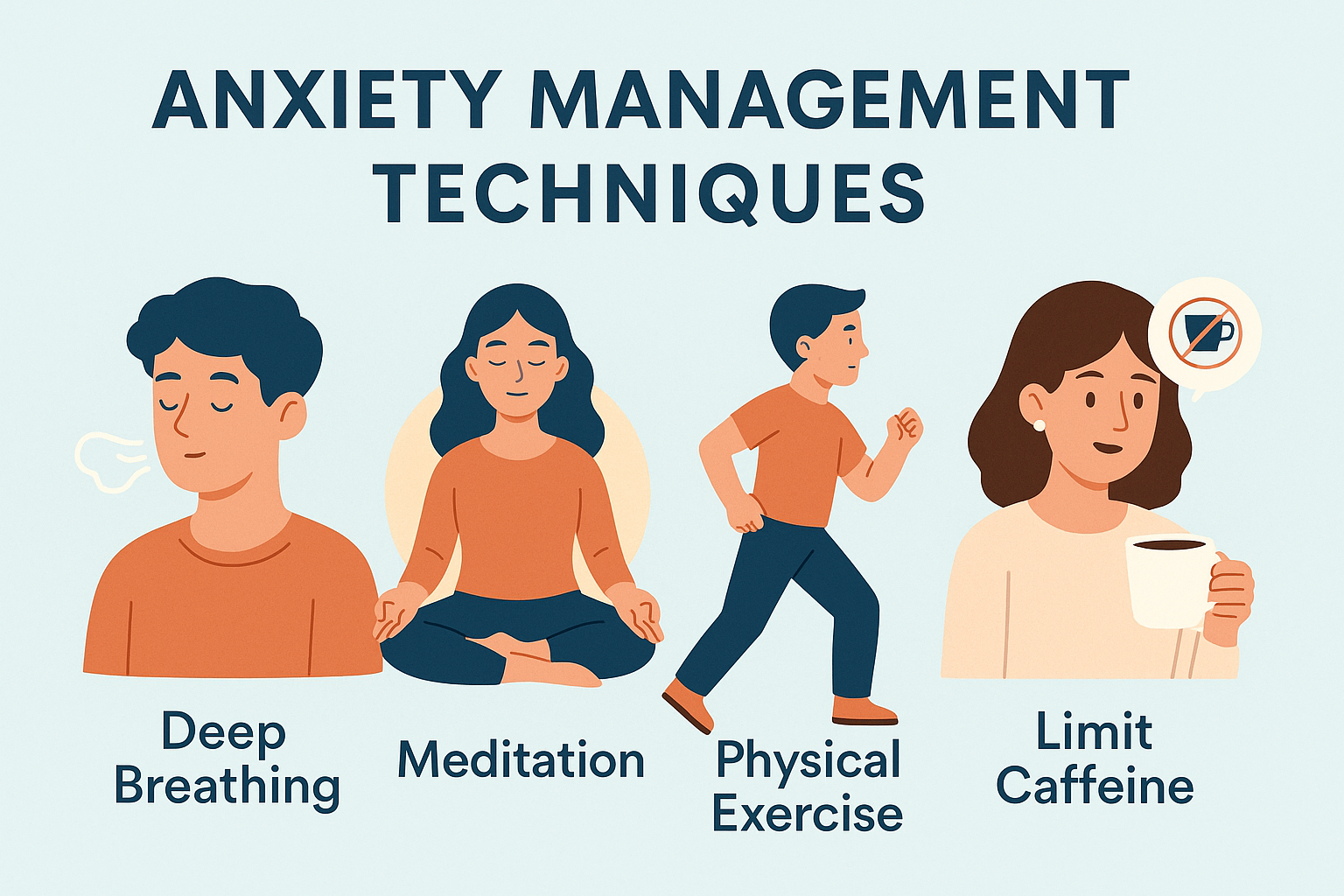
What is Reunification Therapy?
April 7, 2021
Reunification Therapy After a Divorce
No matter the circumstances, divorce and separation are difficult for families. In most cases, parents are awarded joint custody as long as there haven't been any issues of neglect, domestic violence, and other circumstances that would prevent parents from being with their children. Both parents are awarded as much time as possible with their children as studies have shown that children are socially, emotionally, and academically better when both sets of parents are in their lives.
However, this isn't always the case when it comes to divorce and separation cases. Sometimes, parents and children lose touch due to one parent acting maliciously and preventing the other parent from seeing the children, a parent having to move away for work or family reasons, or one parent fails to make time to be with their children. While reunification therapy may be ordered after a divorce, it can also be used in cases where a child has been removed from their home and is being released back to their parents after some time apart.
However, this isn't always the case when it comes to divorce and separation cases. Sometimes, parents and children lose touch due to one parent acting maliciously and preventing the other parent from seeing the children, a parent having to move away for work or family reasons, or one parent fails to make time to be with their children. While reunification therapy may be ordered after a divorce, it can also be used in cases where a child has been removed from their home and is being released back to their parents after some time apart.

Court-Ordered Counseling
When the parent-child bond has been weakened and families need some guidance to repair and strengthen the bond, they can turn to reunification therapy. Reunification therapy is designed to heal the relationship between a parent and child whose relationship has been impacted by
divorce
or separation. While some families can enter it voluntarily, some reunification counseling sessions are court-ordered in an effort to ensure children are not abandoned by a parent or a parent is not alienated from their children. Sometimes, family reunification is initiated by parents when they feel their family dynamic needs improvement.
When court-ordered counseling is assigned, there are some difficulties as each individual involved may not be willing to invest the time or energy in counseling. However, professional reunification therapists will work with families to learn the skills they need to cope with the past and improve the family dynamic moving forward. Reunification counseling sessions are usually held in-person, in an office. However, some sessions may be arranged to be completed in a home visit, at a foster parent's home, or another facility.
When court-ordered counseling is assigned, there are some difficulties as each individual involved may not be willing to invest the time or energy in counseling. However, professional reunification therapists will work with families to learn the skills they need to cope with the past and improve the family dynamic moving forward. Reunification counseling sessions are usually held in-person, in an office. However, some sessions may be arranged to be completed in a home visit, at a foster parent's home, or another facility.

Court-Ordered Counseling
Since this is a court-order counseling session, significant findings must be reported back to the court whether or not they have positive or negative outcomes. During these therapy sessions, the therapist will work with the entire family to create a better relationship. The first step is the family assessment. The therapist will meet with both parents separately to review the agreements and provide them with parental education revolving around family dynamics. They will help build trust and work toward creating positive results for their children.
Children are seen separately from parents and other siblings as this helps provide the child with a safe space from others affecting their comments or thinking. Children can discuss any complaints or concerns with the therapist. The therapist will help the child realize how important relationships with their parents are and the long-term benefits of these relationships. After separate interviews, the therapist will begin seeing the child and the parents lacking the bond. During these family reunification sessions, the therapist helps children and parents address thoughts and emotions while coaching them to have positive interactions. The therapist can help them plan activities to do outside of reunification therapy and work towards increasing the amount of time spent with that parent until a normal relationship is created.
Children are seen separately from parents and other siblings as this helps provide the child with a safe space from others affecting their comments or thinking. Children can discuss any complaints or concerns with the therapist. The therapist will help the child realize how important relationships with their parents are and the long-term benefits of these relationships. After separate interviews, the therapist will begin seeing the child and the parents lacking the bond. During these family reunification sessions, the therapist helps children and parents address thoughts and emotions while coaching them to have positive interactions. The therapist can help them plan activities to do outside of reunification therapy and work towards increasing the amount of time spent with that parent until a normal relationship is created.
Contact Us for Reunification Counseling
Reunification counseling focuses on creating a better bond between parents and children as well as encouraging everyone in the family to engage in healthy behaviors. At Beckloff Behavioral Health Center we offer a variety of counseling services focused on helping
children
,
teens
, families, and
adults
grow and acquire new skills. Whether you need court-ordered counseling, divorce counseling, or child counseling services, our team can help. We also offer virtual counseling for your convenience. For more information or to speak with our team, please
contact us
today.



